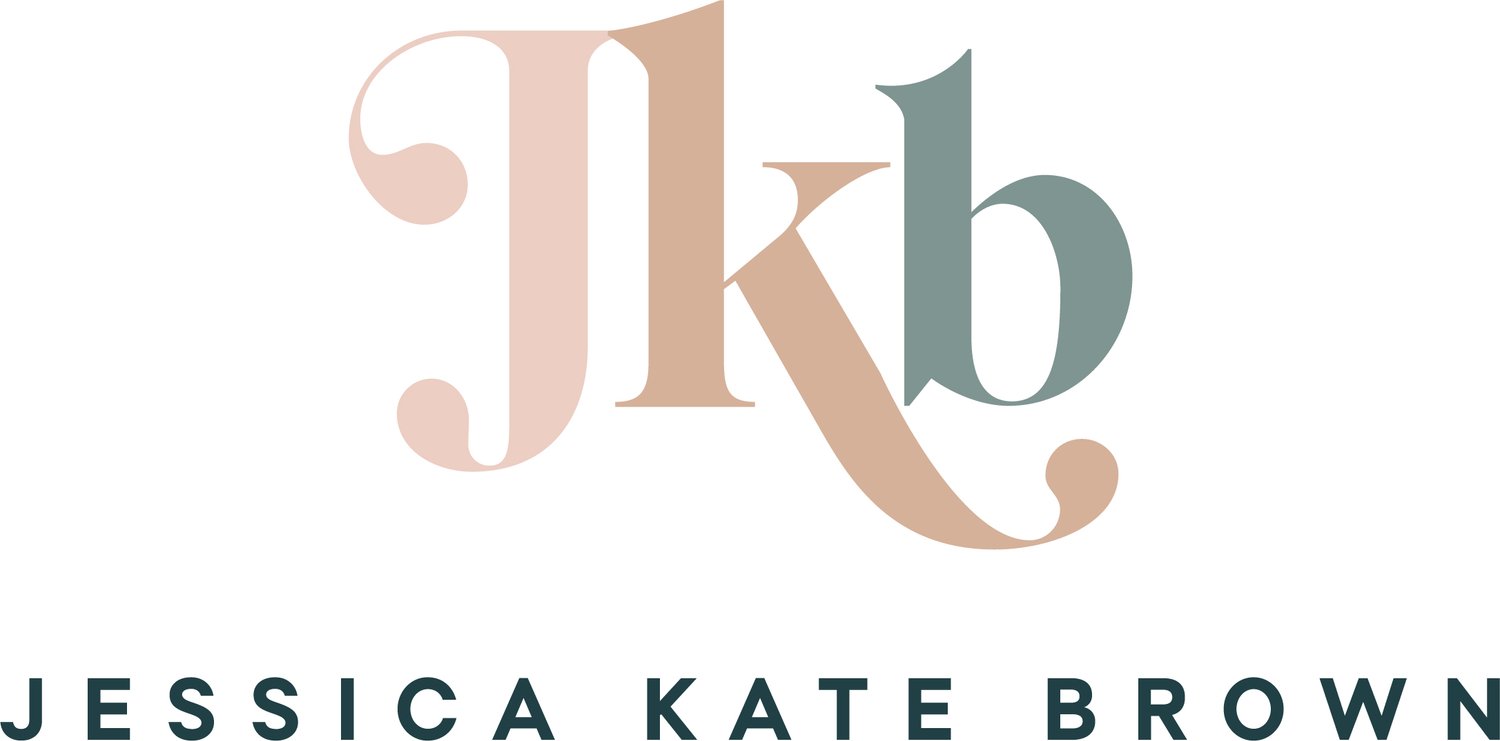Self-publishing vs traditional publishing: which one’s for me?
Self-publishing has come a long way in recent years. Print-on-demand technology and a shift in perceptions has cracked open a world of opportunity for entrepreneurs who want to publish a book to help grow their businesses. But what exactly are the benefits of self-publishing and is there still a place for pursuing the traditionally published dream?
In this article we look at some of the pros to both options to help you decide which route is best for you and your book.
Let’s start with why you might want to choose self-publishing…
You hold the rights to your book
When you sign a book deal, you are essentially selling your book to the publisher. They then hold the rights to your book, which means they also get to make the final call on all decisions relating to that book – from the content to the book cover. When you self-publish, your book will always belong to you; therefore, you retain complete creative control over every element.
You get to choose your book team
In a traditional publishing house, while the whole process will be managed by an in-house editor, many of the individual steps – like copyediting, typesetting, proofreading and cover design – may be outsourced to freelancers and external agencies, whom you will never meet. When you self-publish, you choose who gets their hands (and eyes!) on your book and can curate your own dedicated dream book team.
You get a higher percentage of the royalties
A recent survey by the Alliance of Independent Authors reported that self-published authors currently earn more than their traditionally published counterparts. This could be because, unlike traditionally published authors, self-publishers get to keep a much higher percentage of their royalties. The exact percentage of royalties a traditionally published author receives will depend on their contract, but according to Reedsy, royalty payments from the ‘Big 5’ publishers range from 5% to 15% for print books (and if you have a literary agent, they will need to take a cut too), whereas self-published authors can earn up to 60% royalties. That’s a big difference!
There are no gatekeepers
To have your book traditionally published, you have to be offered a book deal. To be offered a book deal, you have to pitch your book concept and its viability in the market to a publisher, or more often through a literary agent, since most big-name publishers won’t accept submissions directly from authors. However, competition is fierce and often the decision on who gets in ultimately comes down to whether or not they think your book is a sound investment rather than how good your writing is. This is why you often hear of agents saying they won’t represent non-fiction authors with less than a 10k following. It’s not necessarily that the author’s book concept is bad, but without an existing platform of followers (aka people ready and willing to buy your book), it’s just too much of a risk for the publishers to take. It’s business.
On the flip side…
While the self-publishing industry continues to go from strength to strength and, as we’ve seen, has many advantages for aspiring authorpreneurs, there are some reasons why taking the traditional route may be for you.
Best-selling lists
While pretty much anyone can achieve Amazon bestseller status with some algorithm know-how, if your bucket-list dream is to be a Sunday Times bestseller, pursuing a book deal may help you get closer to your goal. The prestigious UK Sunday Times bestseller list takes into account book sales from mainstream book stores using Nielsen BookScan. So if your book isn’t stocked in every branch of WHSmith, Waterstones and the large supermarket chains, you’re going to be hard-pressed to make that list. Without a publishing house that has an established distribution system, it is incredibly difficult to get your book into the the big-name shops. This BBC report offers an eye-opening account of how some publishers do business with high-street chains.
Print quality
Traditional publishers use independent printers rather than the print-on-demand companies favoured by most self-publishers. While making large print runs up front can be incredibly wasteful and environmentally troubling (as unsold books will usually just get pulped), it does mean the print quality tends to be superior. You have more options with a specialist book printing company – think embossed covers and gold foiling! Print-on-demand options are just not quite there yet in the quality department. If you’d like to know more about the printing part of the book process, self-publishing consultant Erin Chamberlain, explains all in her fascinating guest blog post.
No upfront costs
Unlike self-publishing authors, traditionally published writers don’t have to pay for editing and production costs. In fact, the publishing house will likely pay you an advance for your book. And because they are, in effect, buying the rights to your book, they foot all the costs associated with publishing it. While this may sound an attractive offer, it’s important to set your expectations realistically. Advances vary from author to author and publisher to publisher, but for a first-time author, it’s unlikely to be more than a few grand – certainly not a life-changing amount. And it’s only after your book has sold enough copies to pay back that advance that you start to receive royalties (which, as we’ve seen above, is a pretty small percentage). This is why, in the long-term, self-publishing can be a more lucrative option. You can get an idea of some of the costs of self-publishing here.
No project management
One of the big advantages of working with a publishing house is that they will handle the entire production and publishing process. They will co-ordinate all the many moving parts that need to come together to get your manuscript into book form and ready to go public. This element of support is not to be underestimated, especially if you don’t have a lot of time to learn and navigate all the nuances of the publishing industry yourself.
So, which route is for me?
There is no right or wrong answer here. It depends on your personal circumstances, goals and values. Many aspiring authors decide to give the traditional route a go and have self-publishing as a back-up, and there’s nothing wrong with that approach. Others, who don’t want to wait years to get their books in the hands of their audience, choose to jump straight into self-publishing as this is more in line with their business strategy. There are pros and cons to both to consider before you choose which path is right for you and your book.

